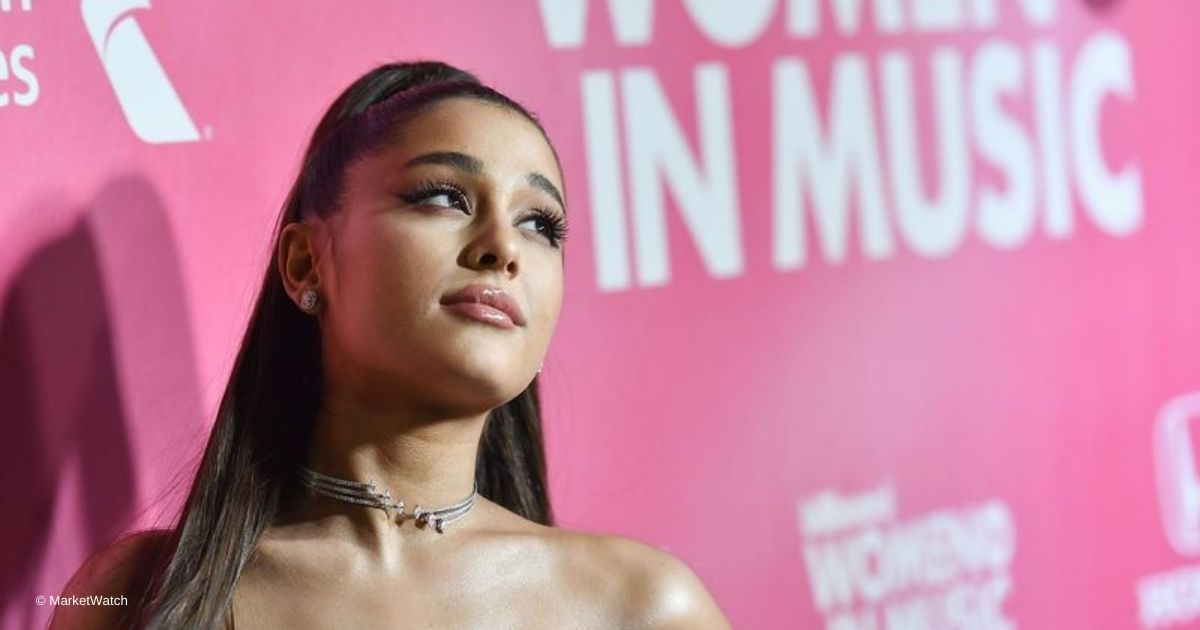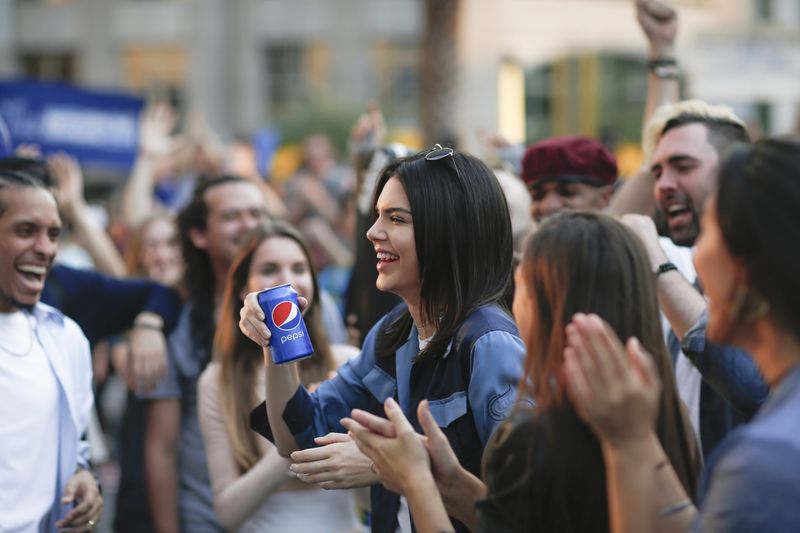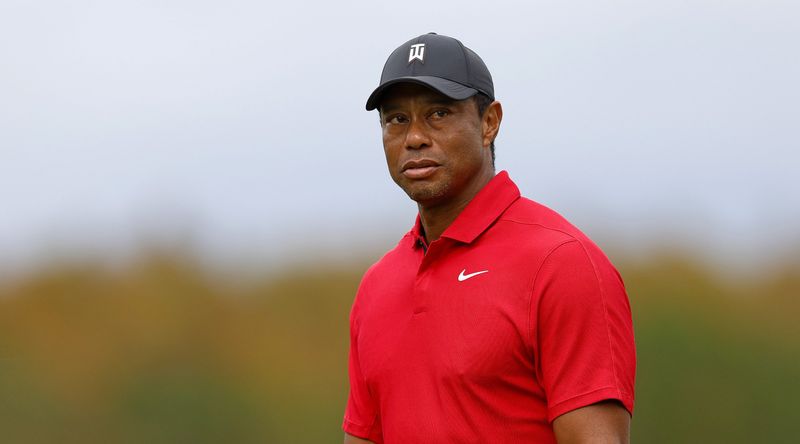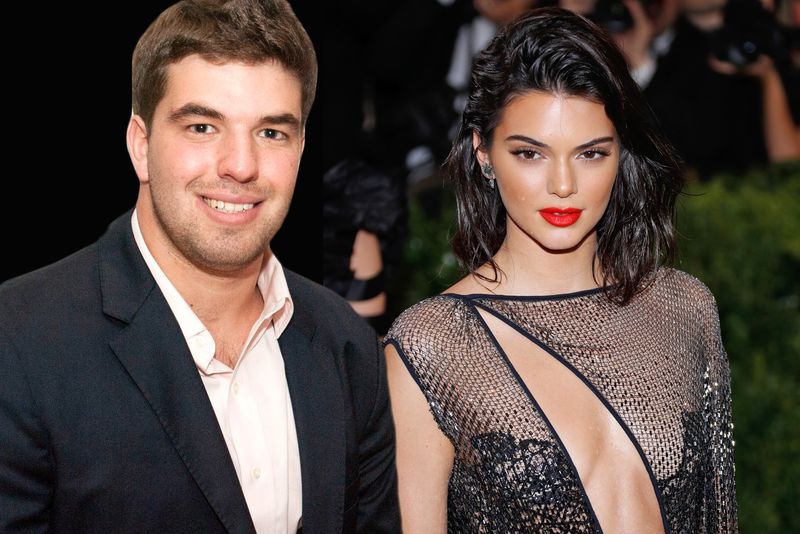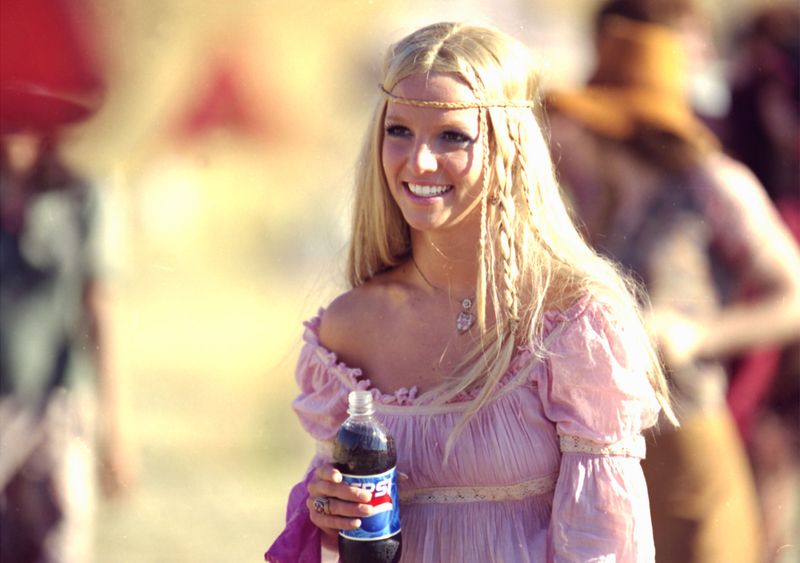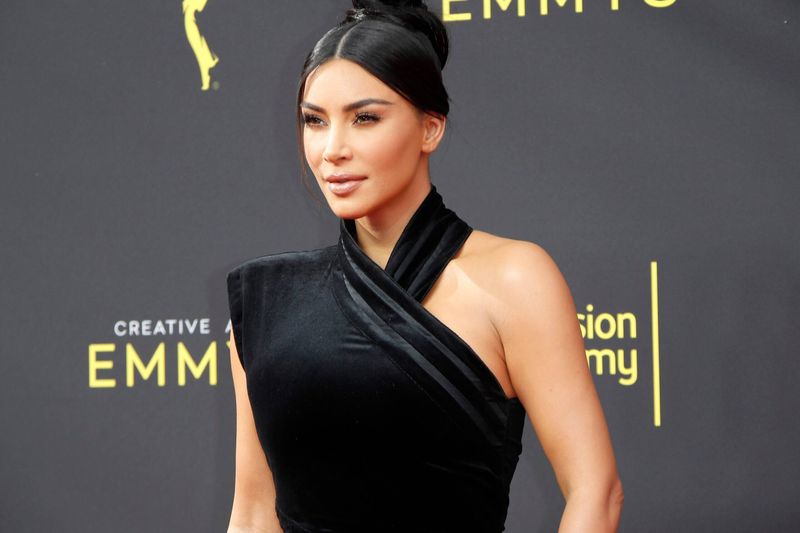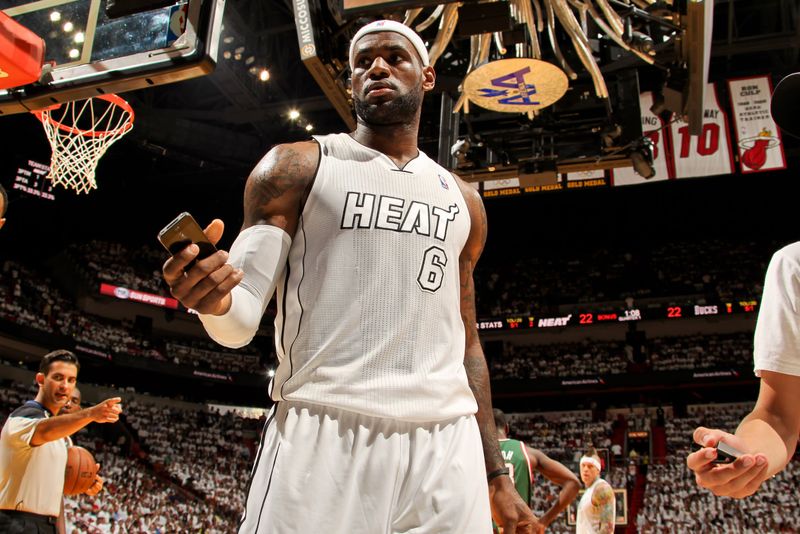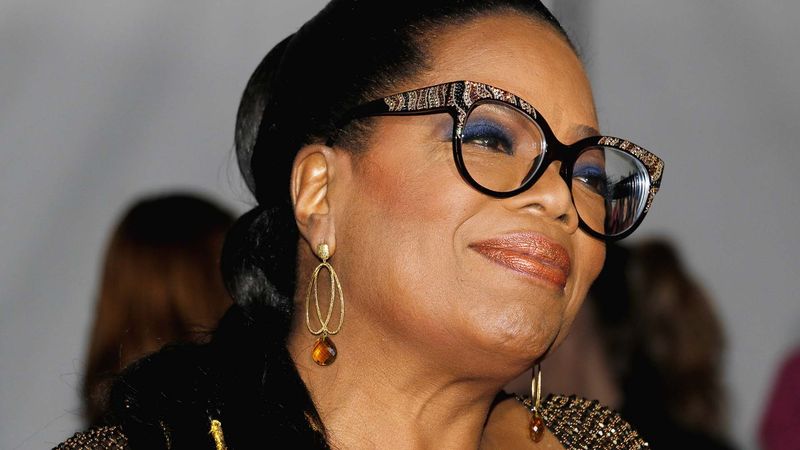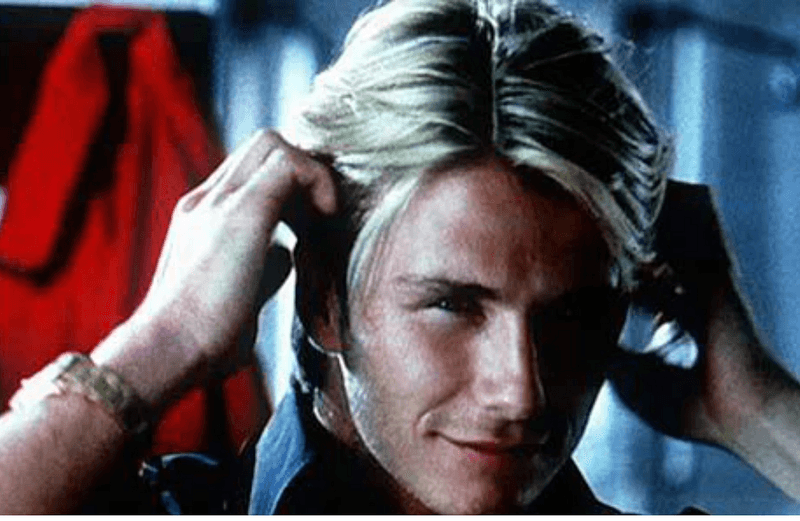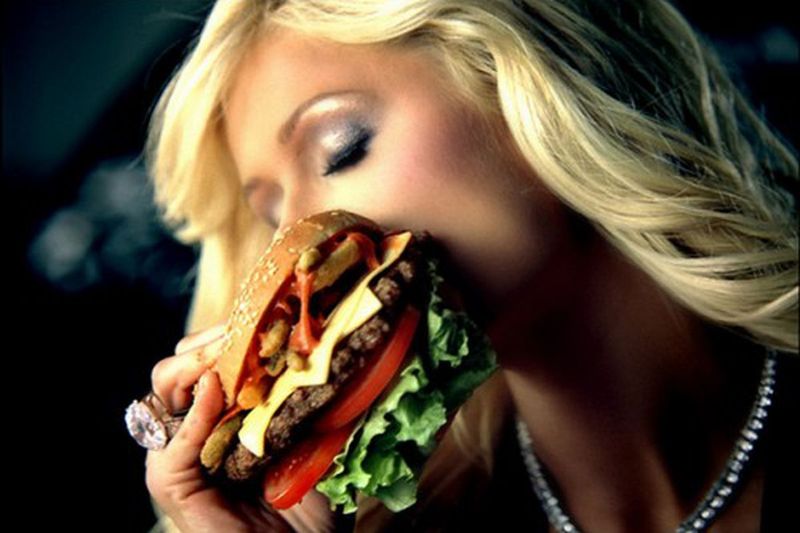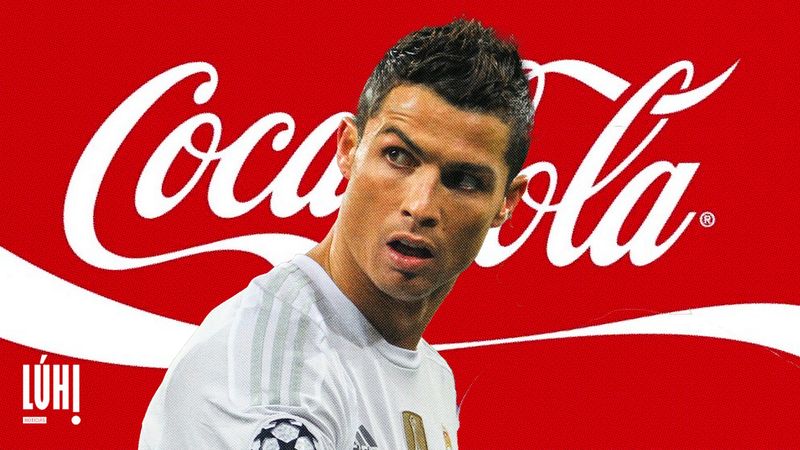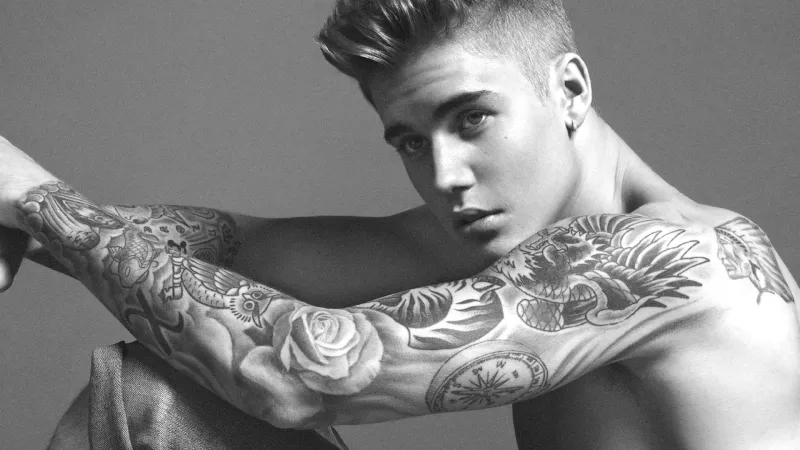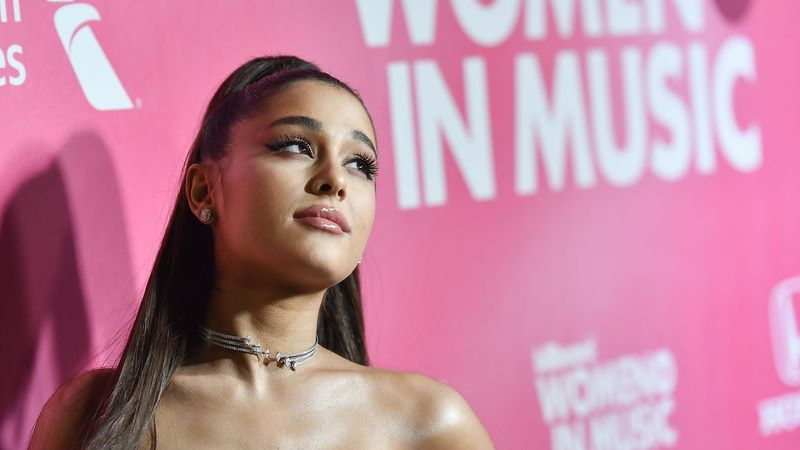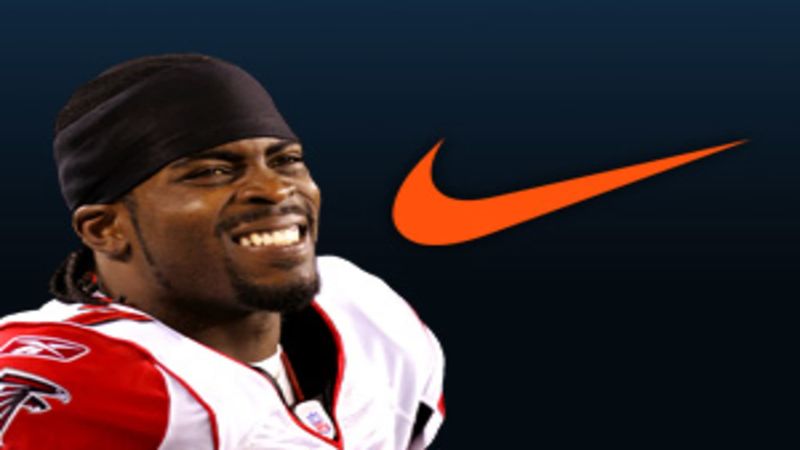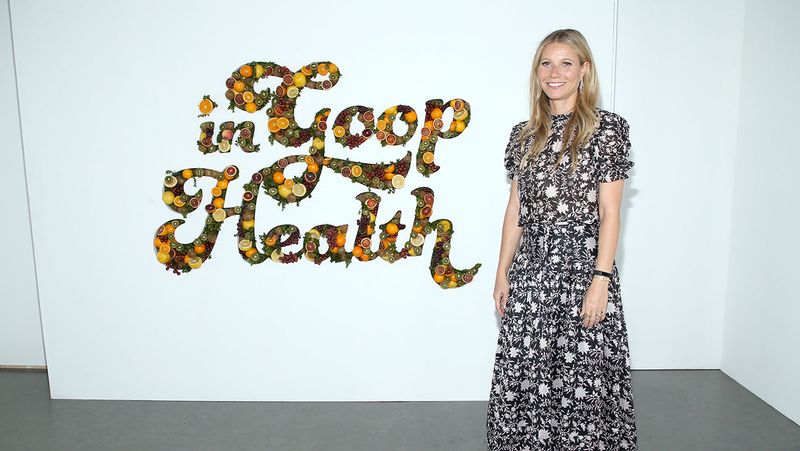Celebrity endorsements are a double-edged sword. When they work, they can elevate a brand to new heights.
But when they fail, the backlash can be swift and damaging. In this blog post, we’re diving into 15 of the most spectacular celebrity endorsement fails that have left both brands and stars wishing they had thought twice.
From tone-deaf campaigns to mismatched collaborations, these examples showcase what happens when marketing plans go awry.
1. Kendall Jenner & Pepsi
When Kendall Jenner appeared in a Pepsi commercial, the backlash was immediate. The ad depicted Jenner using a can of Pepsi to bring peace between protestors and police. Viewers accused the ad of trivializing serious social justice movements.
Pepsi quickly pulled the commercial and issued an apology, acknowledging they missed the mark. Critics argued the ad was tone-deaf and exploitative.
This incident serves as a reminder for brands to approach sensitive social issues with caution and empathy. Authenticity and understanding are key to avoiding such public relations disasters.
2. Tiger Woods & Nike
In 2010, Nike released an ad featuring Tiger Woods in the wake of his personal scandals. The commercial included a voiceover of Woods’ late father, asking introspective questions.
Many viewers found the ad uncomfortable and exploitative, feeling it capitalized on Woods’ personal anguish. Despite the controversy, Nike stood by the ad.
This example highlights the delicate balance between leveraging a celebrity’s personal story and exploiting it. Brands must tread carefully to avoid crossing ethical lines while maintaining authenticity.
3. Madonna & Pepsi
Madonna’s 1989 Pepsi ad aired alongside her “Like a Prayer” music video. The video, which featured controversial religious imagery, outraged many viewers.
Under pressure from religious groups, Pepsi pulled the ad. Despite the controversy, Madonna kept her endorsement fee.
This case underscores the potential risks of aligning a brand with a provocative artist. Brands must weigh the potential backlash against the benefits of partnering with boundary-pushing celebrities.
4. Kendall Jenner & Fyre Festival
Kendall Jenner’s promotion of Fyre Festival, a music festival turned debacle, became infamous. The festival promised luxury but delivered chaos and squalor. Jenner, along with other influencers, faced criticism for misleading fans.
Her involvement highlighted the need for influencers to vet the products they endorse. Authenticity and transparency are critical to maintaining consumer trust.
The Fyre Festival serves as a cautionary tale about the power and responsibility influencers hold in shaping public perception.
5. Britney Spears & Pepsi
In the early 2000s, Britney Spears became the face of Pepsi. However, a slip-up occurred when she was photographed drinking a rival brand’s soda. The image quickly circulated, embarrassing both Spears and Pepsi.
This incident emphasizes the importance of aligning personal habits with endorsement deals. Celebrities must ensure their actions align with their promoted image.
Maintaining authenticity in endorsements is crucial to avoid embarrassing slip-ups that can damage brand credibility.
6. Kim Kardashian & QuickTrim
Kim Kardashian endorsed QuickTrim, a weight-loss supplement, but faced backlash when the product’s effectiveness was questioned. Legal action followed, claiming false advertising.
The controversy highlighted the risks of endorsing health-related products without scientific backing. Brands must ensure their claims are substantiated to avoid legal repercussions.
Celebrities should thoroughly understand the products they promote to maintain credibility and trust with consumers.
7. LeBron James & Samsung
LeBron James’ endorsement of Samsung hit a snag when he tweeted about his phone malfunctioning. The tweet went viral, leading to embarrassment for Samsung.
This incident serves as a reminder that even minor mishaps can be magnified on social media. Brands should ensure product reliability to avoid such instances.
Clear communication and swift action are essential in addressing product-related issues, especially when endorsed by high-profile figures.
8. Oprah Winfrey & Microsoft Surface
Oprah Winfrey praised the Microsoft Surface on social media, but the post was sent from an iPad. The oversight quickly drew attention, undermining the endorsement’s credibility.
This blunder highlights the importance of consistency in public endorsements. Celebrities must ensure their personal actions align with their promotional messages.
Attention to detail is crucial to maintaining authenticity and trust in endorsements.
9. David Beckham & Brylcreem
David Beckham’s endorsement of Brylcreem faced challenges when he shaved his head, contradicting the product’s focus on hairstyling. The decision seemed at odds with the brand’s message.
This incident underscores the importance of aligning personal style with endorsement commitments. Celebrities must consider the implications of their personal choices on brand partnerships.
A consistent image is vital to maintaining the effectiveness of a celebrity endorsement.
10. Paris Hilton & Carl’s Jr.
Paris Hilton’s Carl’s Jr. commercial, featuring her washing a car in a bikini, sparked controversy. Critics accused it of being overly sexualized, overshadowing the product itself.
The ad’s provocative nature drew criticism, but it also garnered significant attention. This case illustrates the fine line between edgy marketing and alienating audiences.
Brands should consider how provocative elements might impact public perception and align with their core values.
11. Cristiano Ronaldo & Coca-Cola
Cristiano Ronaldo made headlines when he removed Coca-Cola bottles during a Euro 2020 press conference, promoting water instead. The gesture cost Coca-Cola significant market value.
Ronaldo’s actions highlight the influence of celebrities on brand perception and market dynamics. Celebrities wield immense power in shaping consumer preferences.
Brands should be mindful of how celebrity actions can impact their image and be prepared to address any fallout.
12. Justin Bieber & Calvin Klein
Justin Bieber’s Calvin Klein ad campaign drew criticism for heavily edited images that altered his appearance. Critics argued the photos promoted unrealistic beauty standards.
The backlash underscored the importance of authenticity in advertising. Transparency and honesty are crucial in maintaining consumer trust.
Brands must balance artistic expression with realistic portrayals to ensure their campaigns resonate positively with audiences.
13. Ariana Grande & Forever 21
Ariana Grande filed a lawsuit against Forever 21 for using her likeness without permission in their marketing. The case highlighted the importance of securing proper agreements in endorsements.
Unauthorized use of a celebrity’s image can lead to legal battles and damage brand reputation. Brands must respect intellectual property rights.
Clear contracts and mutual agreements are essential in safeguarding both parties in celebrity endorsements.
14. Michael Vick & Nike
Michael Vick’s Nike endorsement ended abruptly following his involvement in a dog-fighting scandal. The incident tarnished his image and led to public backlash.
This case emphasizes the impact of personal conduct on endorsement deals. Celebrities’ actions off the field can significantly affect brand partnerships.
Brands should carefully consider the personal reputation of endorsers to avoid potential controversies.
15. Gwyneth Paltrow & Goop
Gwyneth Paltrow’s lifestyle brand Goop faced backlash over unverified health claims. Critics accused the brand of promoting pseudoscience and misleading consumers.
The controversy underscores the importance of evidence-based marketing, particularly in the health and wellness industry. Brands must provide factual information to maintain trust.
Celebrity brands should prioritize transparency and scientific backing to ensure consumer confidence in their products.
